The Indonesian government rejected a proposal made by researchers from the country’s leading forestry university, Bogor Institute of Agriculture (IPB), to reclassify oil palms as a forest crop rather than an agricultural one.

So what?
Indonesia’s land is divided into two broad categories ‘forest area’ and ‘areas for other purposes’, with ‘forest areas’ usually off-limits from clearing and only certain productive activities such as growing of forest crops, selective logging, and agroforestry allowed there. Oil palm current classification as an agricultural crop means that it is illegal to grow it in forest areas.
If oil palms were considered forest crops, existing plantations would be considered as forests, new plantations as reforestation, and illegal plantations inside forests as legal.
The government’s rejection of the proposal provides some safeguards against further ecological destruction and dismisses the growing of oil palms as an example of restoration of degraded forests.

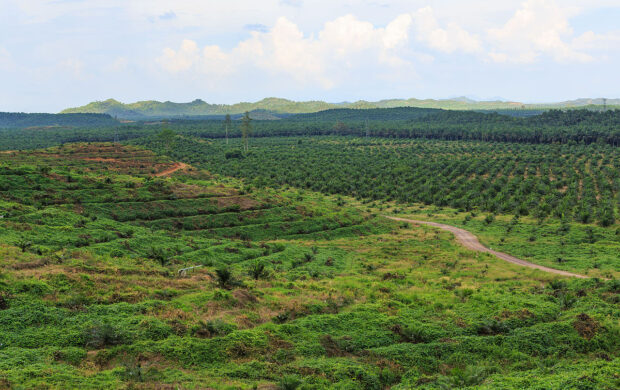

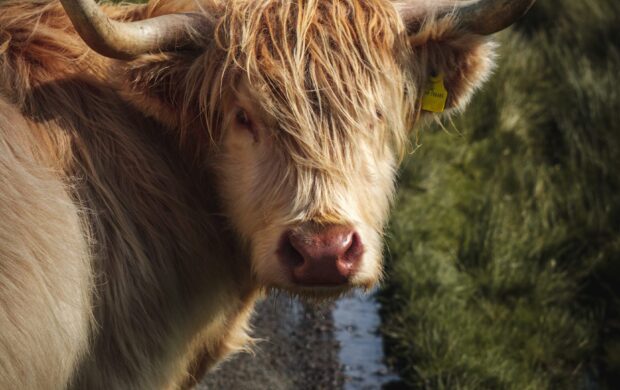
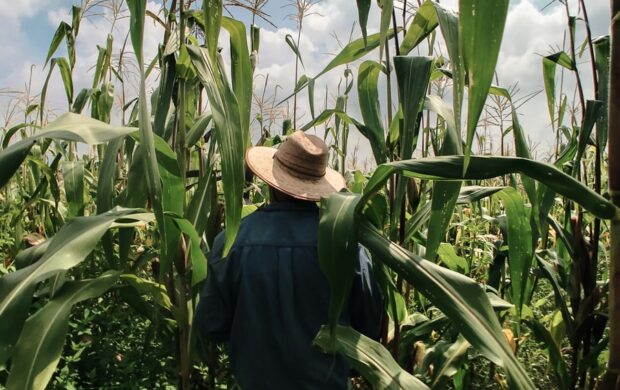



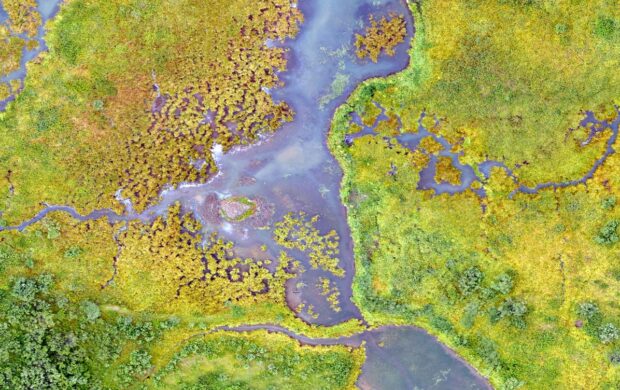
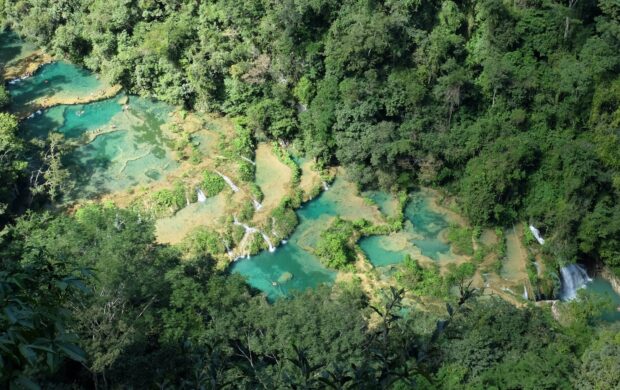
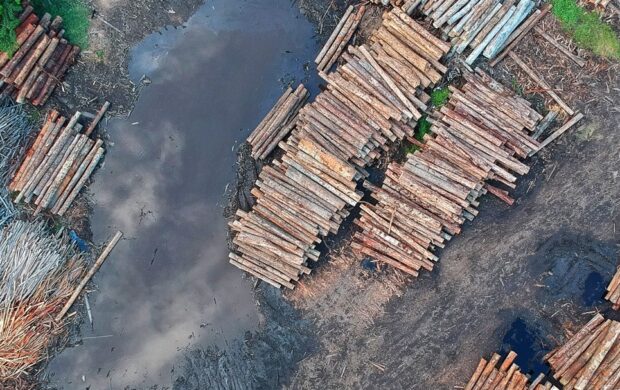

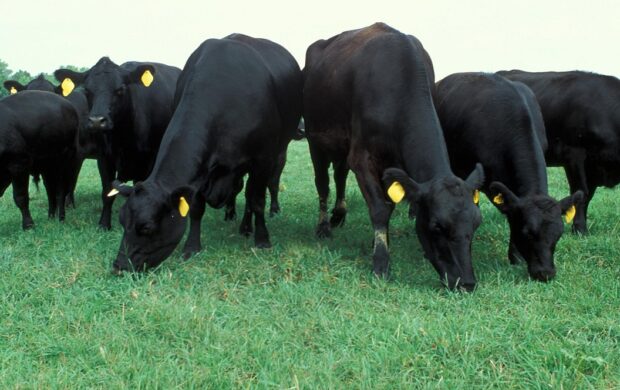
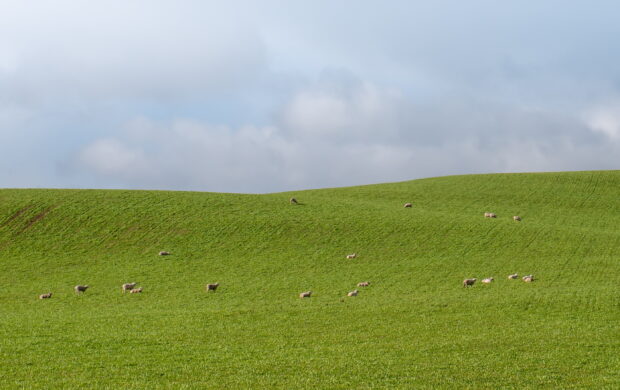

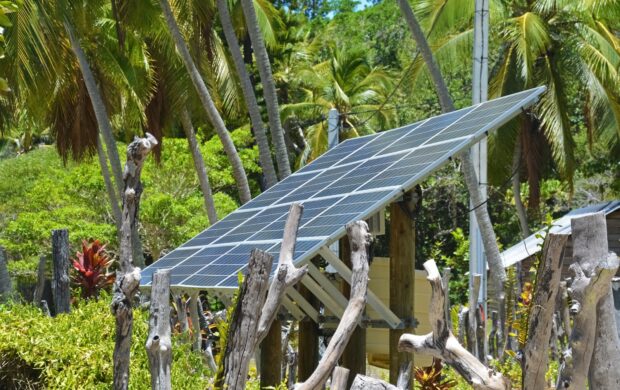


Join discussion